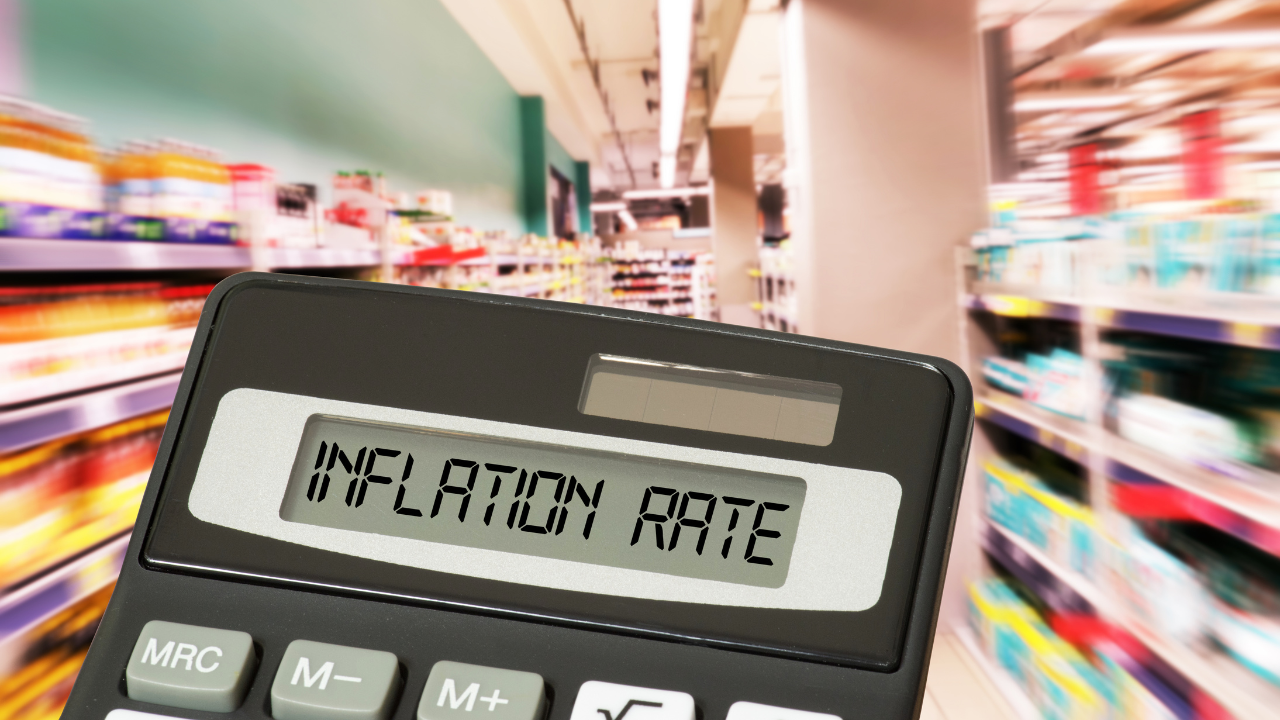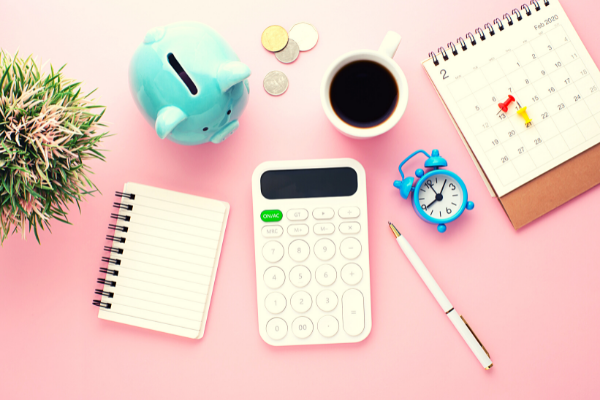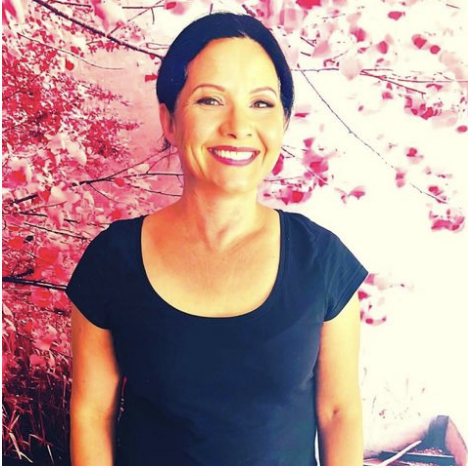Stocks and shares aren’t for the faint-hearted. Know your stuff before considering playing with any of your money. If you’ve made this decision, you’ll need to give yourself the best success rate you can. Read on to discover how to refine your skills so you can practise before trading for real.
Definition of Forex
Firstly, you’ll need the full definition of the term ‘Forex.’ I’ve pulled this one from our ever-faithful friends over at Wikipedia:
The foreign exchange market (forex, FX, or currency market) is a global decentralized market for the trading of currencies. This includes all aspects of buying, selling and exchanging currencies at current or determined prices. In terms of volume of trading, it is by far the largest market in the world.
1. Know the Lingo
If you’re not up to date with Forex lingo, you need to get savvy with this. Forex traders and investors use jargon, just like other complex professionas. If you’re not hip with their lingo, point blank – you’ll lose money.
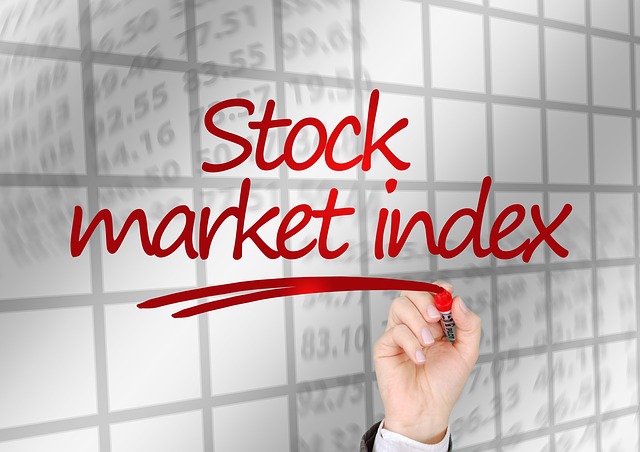
Here are just some of the terms you might come across and their definitions:
Hawk – hawkish
A country’s monetary policy-makers are referred to as ‘hawkish’ when they believe that higher interest rates are needed, usually to combat inflation or restrain rapid economic growth or both.
Pips
The smallest unit of price for any foreign currency, pips refer to digits added to or subtracted from the fourth decimal place, i.e. 0.0001.
Bears
Traders who expect prices to decline and may be holding short positions.
Bulls
Traders who expect prices to rise and who may be holding long positions.
Loonie
Nickname for USD/CAD.
For a full glossary you can check out this list. http://www.forex.com/forex-glossary.html
Study these terms in full. Such jargon is usually used because it’s quicker to type and read. The forex markets move fast so every second is vital. Make sure you make effective use of your time.
2. Stay current
The markets move based on real life events in real time. As such, you need to stay abreast of what’s happening in the world. Know how world events are affecting the market based on past drops and rises.
Monitor trusted Australian sites via news feeds. Other sites, such as Investopedia, can guide on how world events are affecting the markets. They also have a great university section that can help such information.
The events that you should look out for include, but are not exclusive to:
- Political situations (such as an election)
- Supply issues in the world economy
- Stocks and shares price movements
- The change in commodity prices (such as oil)
- The escalation of geo-political situations (such as wars)
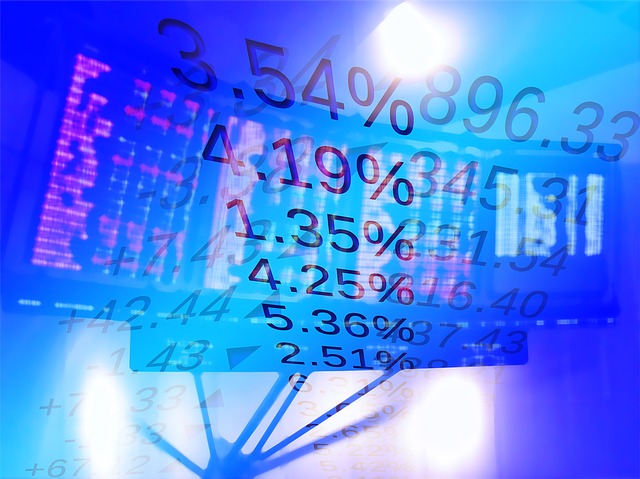
3. Get practising
Once you understand in full what Forex is, are down with the jargon and you’ve monitored the markets – practise.
Brokers offer demo accounts for aspiring traders. This way, you can trial your thoughts and strategies without risking your money. If you know Forex works in a demo environment, only then you should consider trading for real.
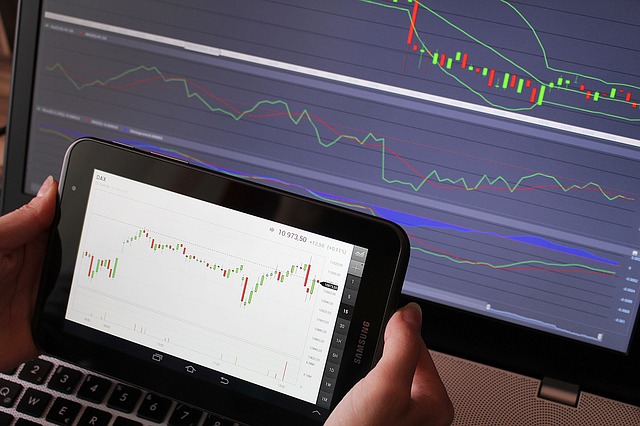


 YOU
YOU



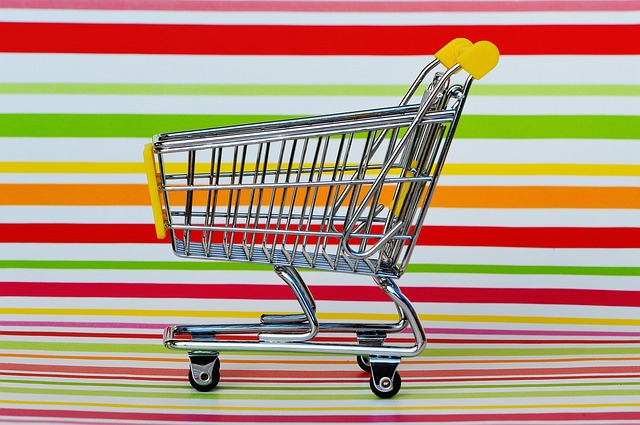

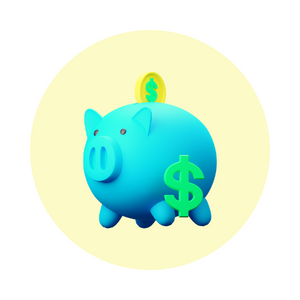 Money
Money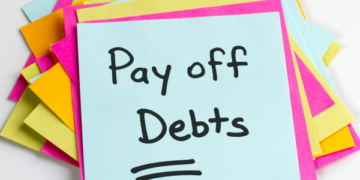
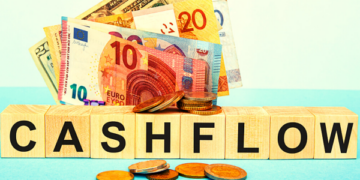


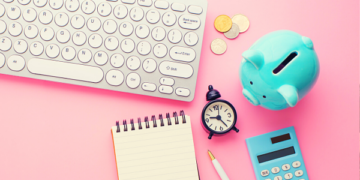
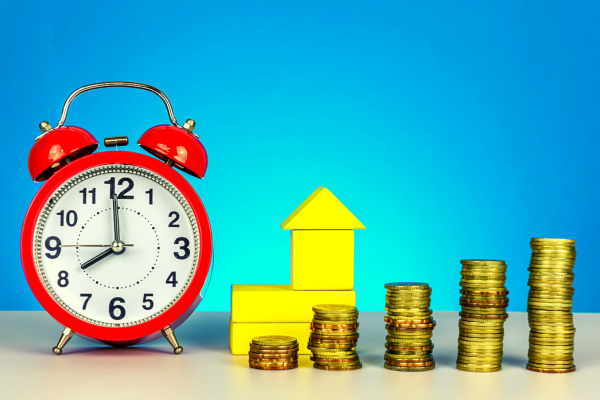
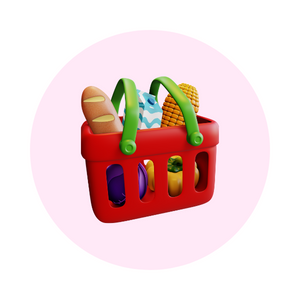 FOOD
FOOD





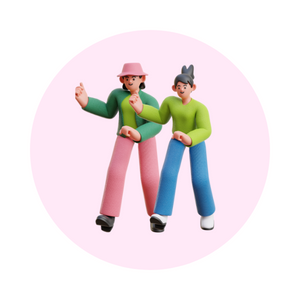 FAMILY LIFE
FAMILY LIFE




 HOME & GARDEN
HOME & GARDEN




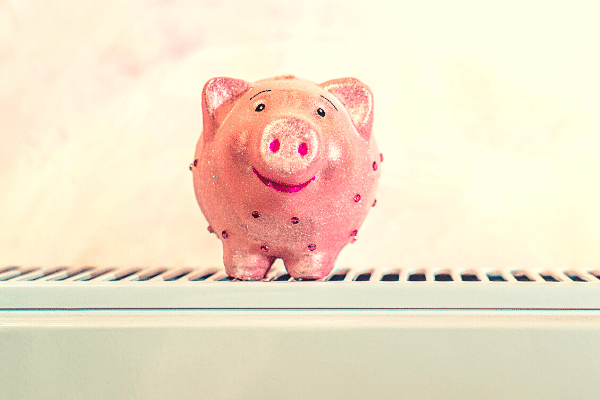
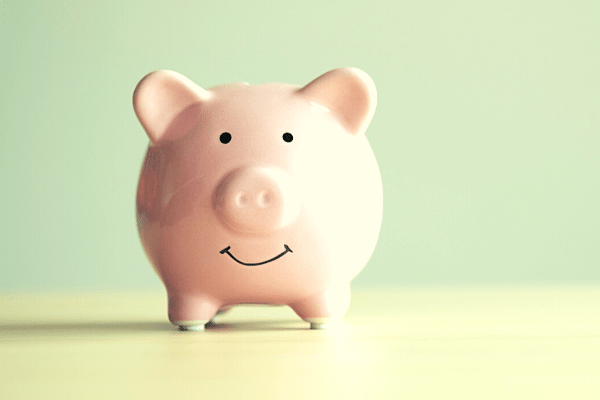

 ORGANISE
ORGANISE

 EVENTS
EVENTS





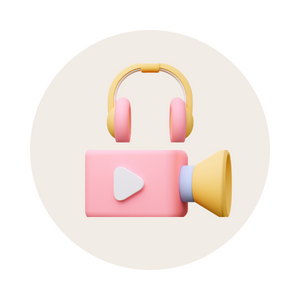 LIFESTYLE
LIFESTYLE







